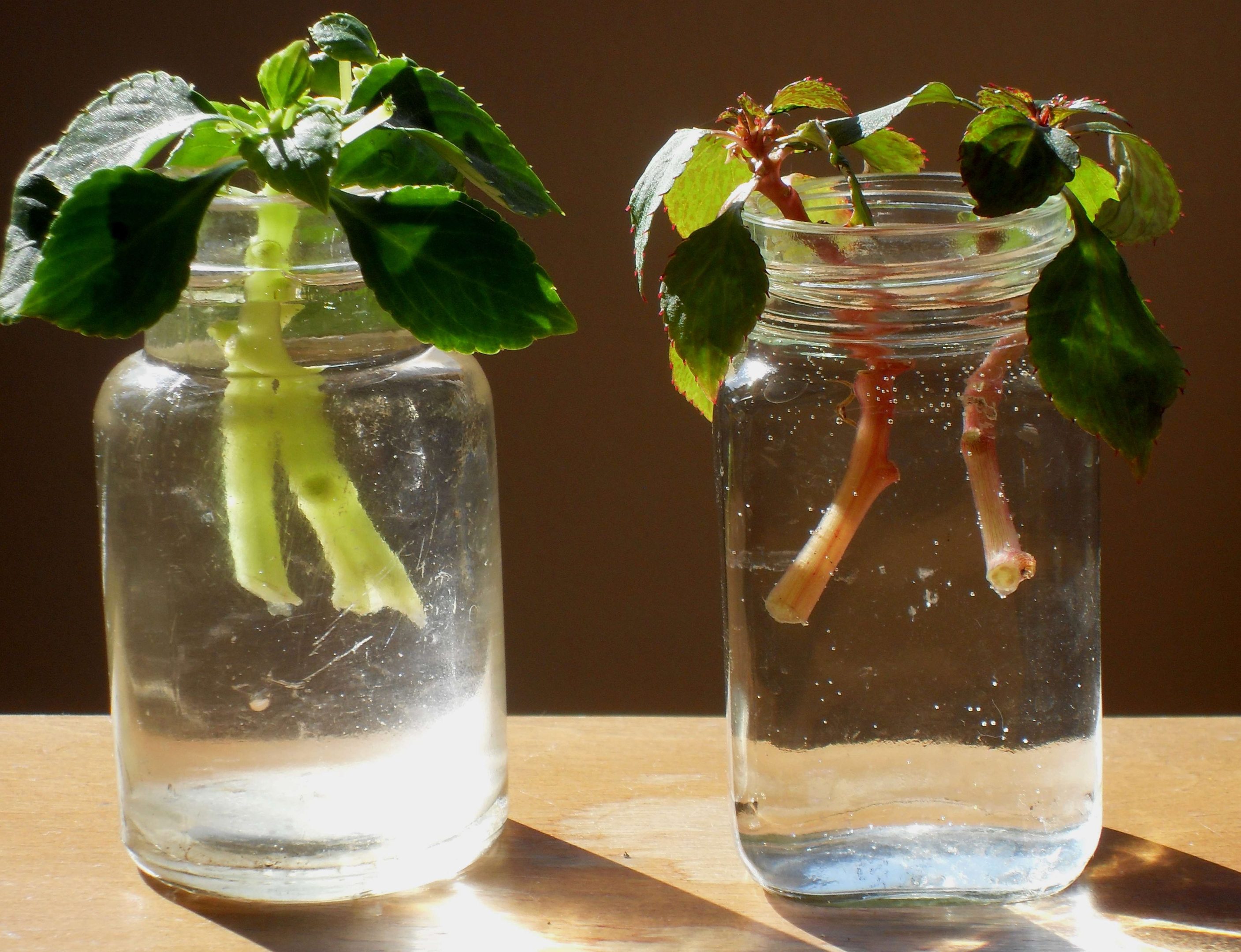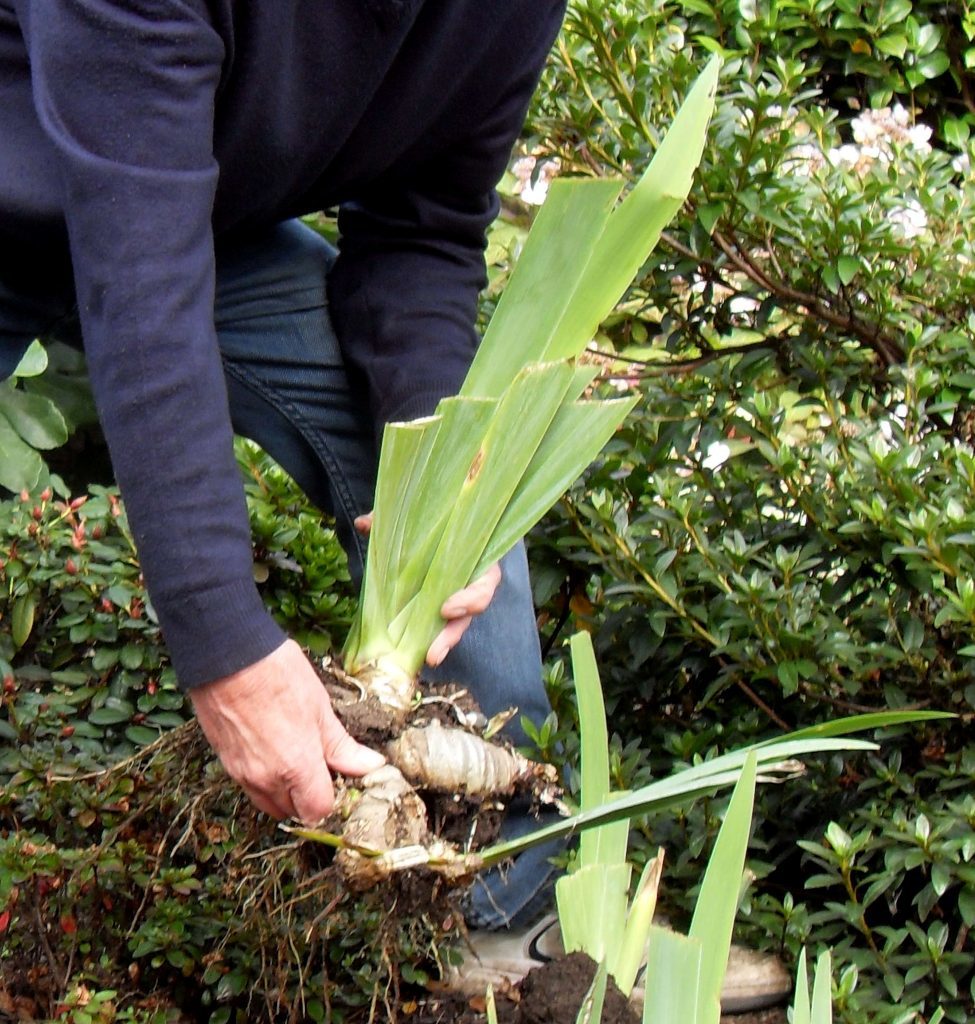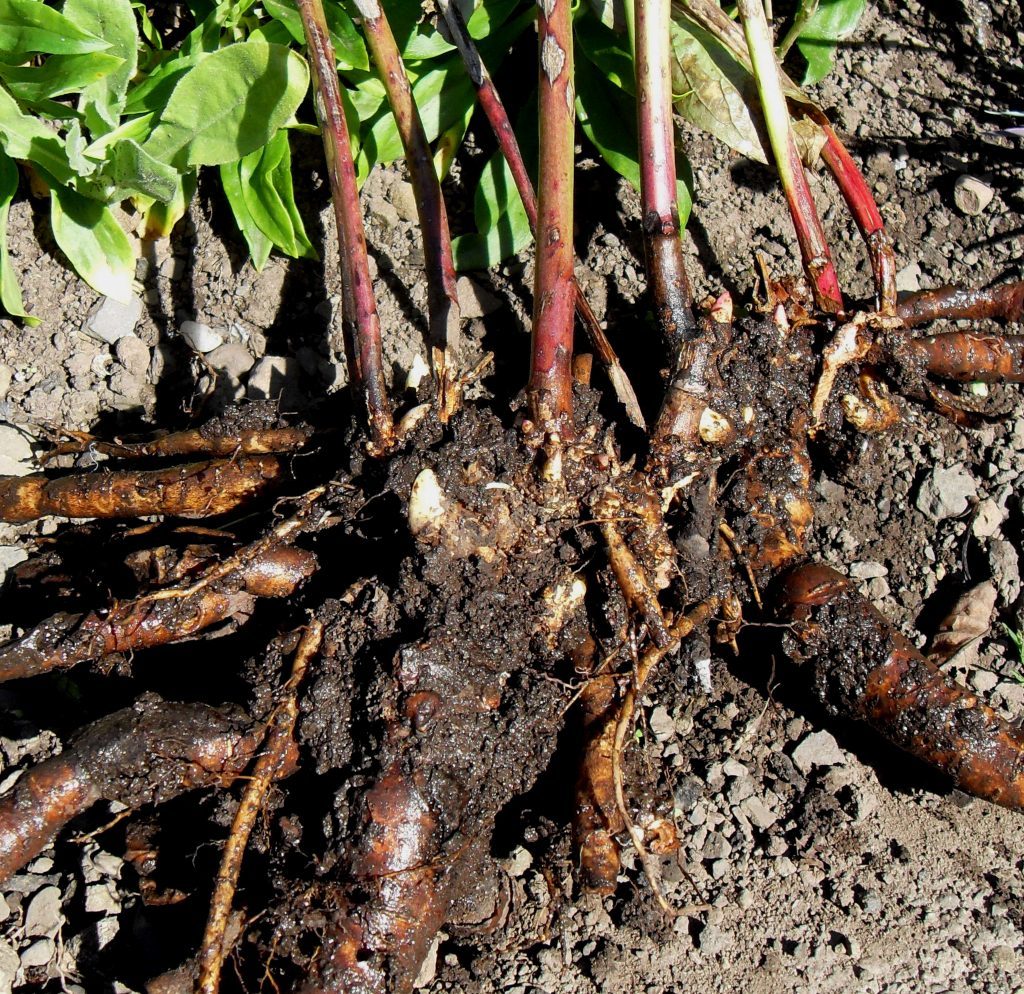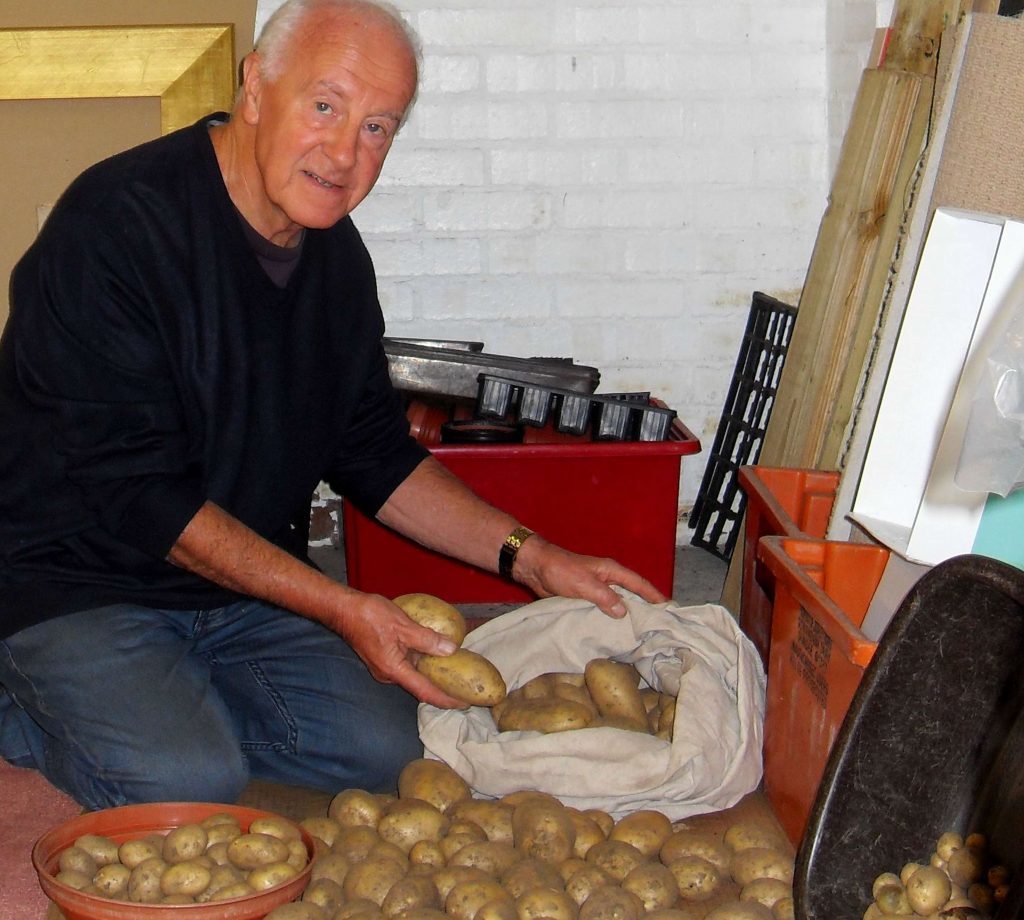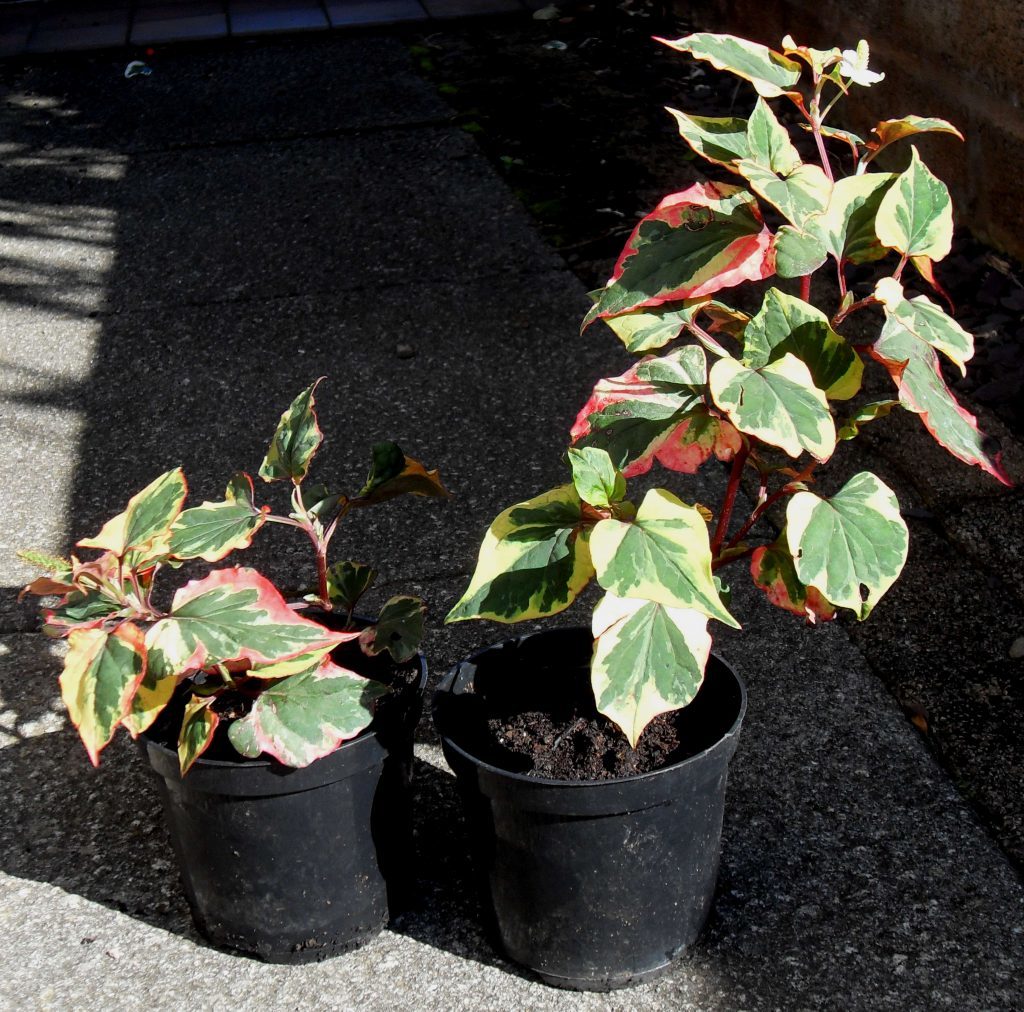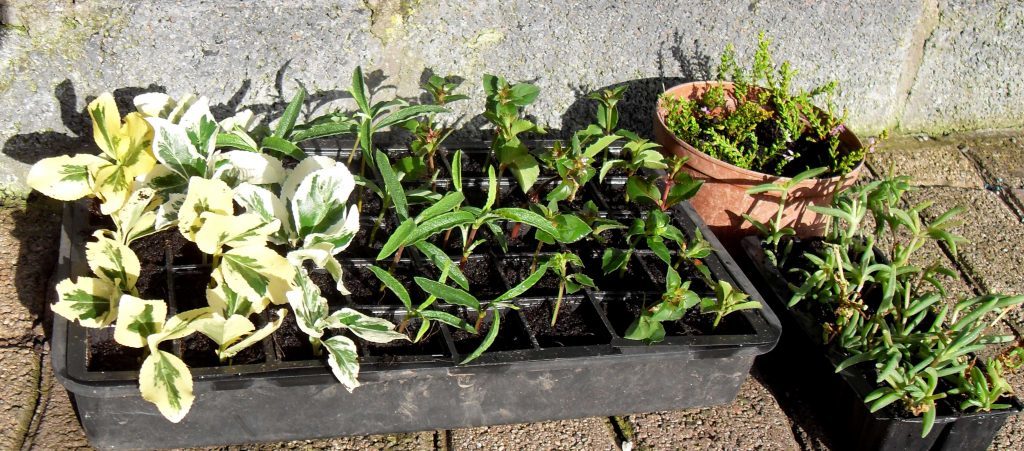We all love the challenge of growing our own plants, either from seed or cuttings.
In this modern day of busy lifestyles most folk will buy plants ready to plant or flower direct from the garden centre, but it just doesn’t give you the same pleasure as those propagated by yourself.
You then have spare plants to fill up empty corners, increase the drift size of those plants that like to make an impact, or just have a few spare plants to give to gardening friends.
Some plants are very easy, some more challenging and there are always failures, but still we keep trying.
In spring many plants are grown from seed and soft wood cuttings, but in late summer growth on most plants has matured, so cuttings are less likely to rot. Summer bedding plants like geraniums, fuchsias and Impatiens (Busy Lizzie) are easy to grow and young plants can be over-wintered on a windowsill in a frost free room.
Both geraniums and Impatiens can then be allowed to flower as a houseplant. Keep an eye open for red spider and small greenfly which are attracted to Busy Lizzie’s soft shoots.
Geranium cuttings only need one decent leaf at the end of each shoot and a couple of inches of shoot which can be snapped off cleanly at a leaf joint. Fuchsias are best as a four inch terminal shoot with lower leaves removed and cut underneath a node.
Both can be inserted into a sandy compost in shallow pots where they will root after several weeks.
Impatiens are even easier as shoots (remove lower leaves) about four inches long are just popped into a jar of water, placed on a shaded window sill and left to root.
Once rooting is strong enough they can be removed and potted up into individual small pots.
Outdoors many shrubs can be propagated by taking cuttings six to eight inches long, removing lower leaves and lining out a few inches apart in well drained compost in the shelter of a cold frame or other form of protection.
They are normally left there till growth starts in spring when they can be lifted and potted up.
Rosemary, Lavender, Ceanothus, Pyracantha, Euonymus and Cistus can all be propagated this way, though the last two are best when cuttings are taken with a heel.
Heathers, both Erica and Calluna can be propagated from cuttings three to four inches long, inserted in a sandy medium in shallow seed trays placed quite close together and kept in a cool greenhouse with some shade.
Give them some mist spray to keep them moist and leave them till spring.
Japanese azaleas can be propagated from both cuttings and layering.
Take cuttings the same as heathers, but with shoots that may be branched.
As these shrubs lie close to the ground they are easy to layer by placing a side branch down to ground level, putting some soil on the top and keeping it there with a metal peg or flat stone.
Garden Pinks can be propagated from young shoots broken off as long as possible, and dibbled around the sides of a pot filled with sandy compost.
Place these pots in a cold frame or greenhouse.
Mint is very easy to propagate as it layers itself and roots into the soil as it grows, so just pull up a few shoots with roots on and pot up to grow on.
Over on the herbaceous border most of the plants have finished their flowering and growing, so now is a good time to lift clumps of peonies, iris, oriental poppies, Shasta daisies and many other types, split them up and replant in fresh soil to which some compost has been added.
Wee jobs to do this week
Maincrop and late potatoes are best lifted now if the foliage has been wiped out by blight as they will not grow any bigger and the longer they are in the soil the greater the chance for slugs to damage them.
Leave them on the surface for an hour or so to dry up before bringing them home for storage, but sort out any damaged tubers before storing in an airy but cool dark place.
I separate out small but usable spuds from the main batch and these are great boiled and kept in their skins with salads or other dishes.
